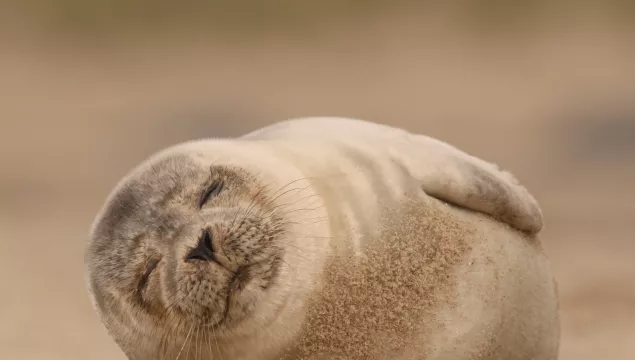
National Seal Week Walk with the Warden
Enjoy a guided walk at Pegwell Bay to learn about coastal wildlife including the local harbour seals.

Enjoy a guided walk at Pegwell Bay to learn about coastal wildlife including the local harbour seals.
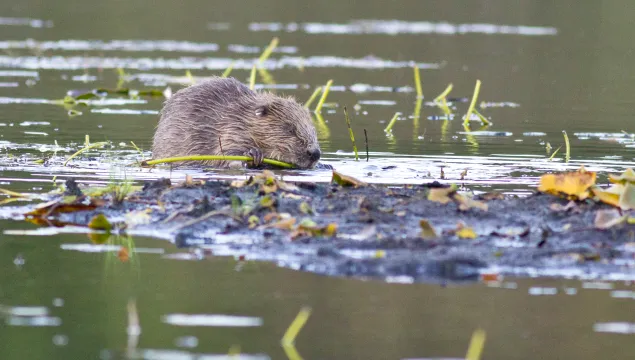
Learn about wilding and how keystone species have been restoring Kent's last remaining Fen.
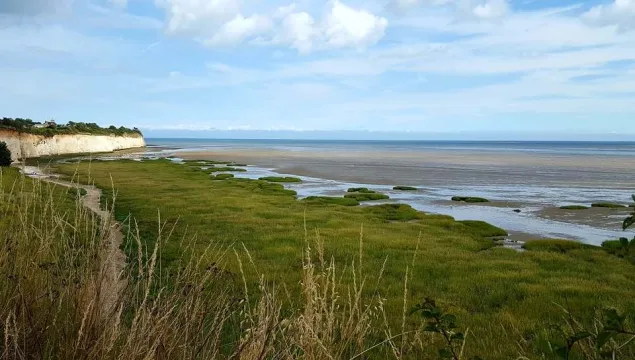
Kent Wildlife Trust is calling on the public to take action before Monday 23 deadline.
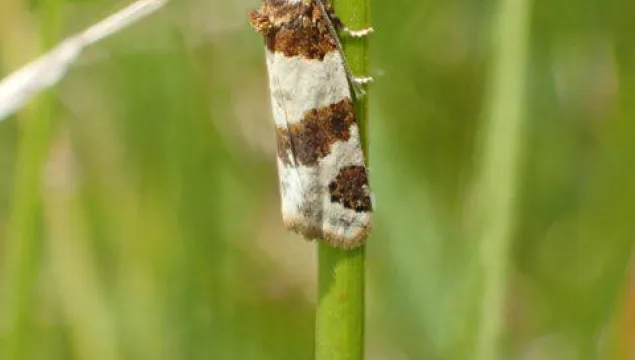
A moth species long thought to be extinct in England has made a dramatic return, rediscovered at local conservation charity Kent Wildlife Trust’s Lydden Temple Ewell Reserve near Dover after a 73-year absence.
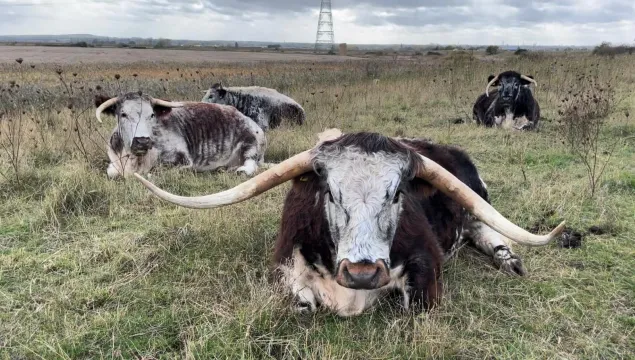
Bob is the most striking and charismatic of our longhorns; he is well loved by our staff and volunteers. He is good natured and respects the 10-metre distance that should be kept between people and livestock. Bob can sometimes be quite stubborn; if he is feeling particularly restful he will refuse to move for anything.
Read our 2024 Annual Report here.
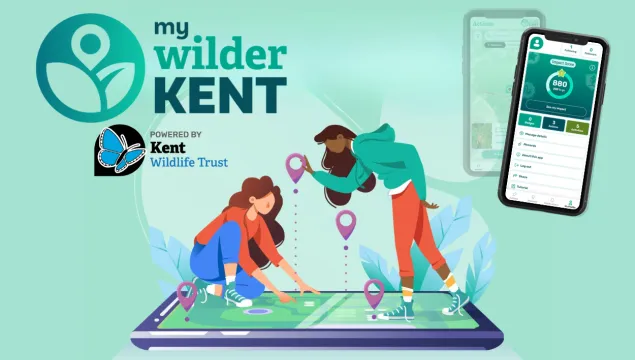
MyWilderKent is a digital platform designed & developed by Kent Wildlife Trust to support people across Kent in taking simple, meaningful steps for nature.
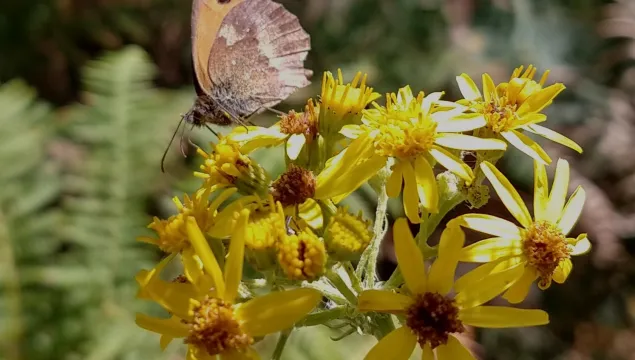
The latest development in the Government’s plan to speed up development and has brought proposed changes to the way that BNG is implemented.

Engage with the natural world in a mindful walk to gain inspiration for decorating rocks to take home (adults only).
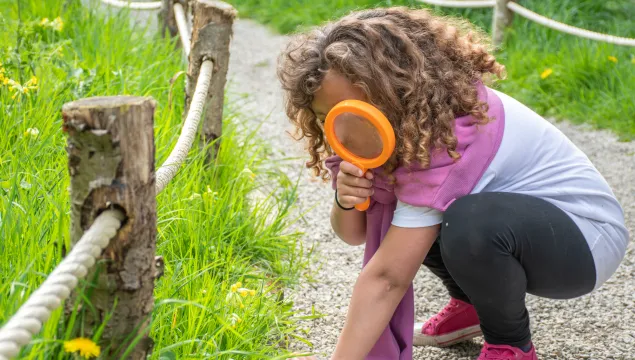
Thanks to you, we're ensuring nature's voice won't be silenced.
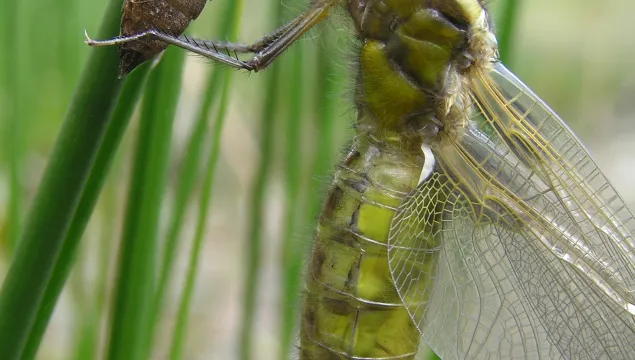
Hothfield Heathland's bogs are one of only a handful of wet heaths in the Southeast, supporting a variety of dragonflies...
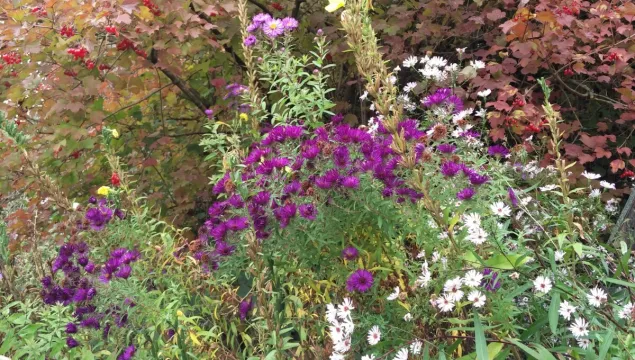
Get started creating a garden with nature at its heart at this late summer and autumn themed workshop.